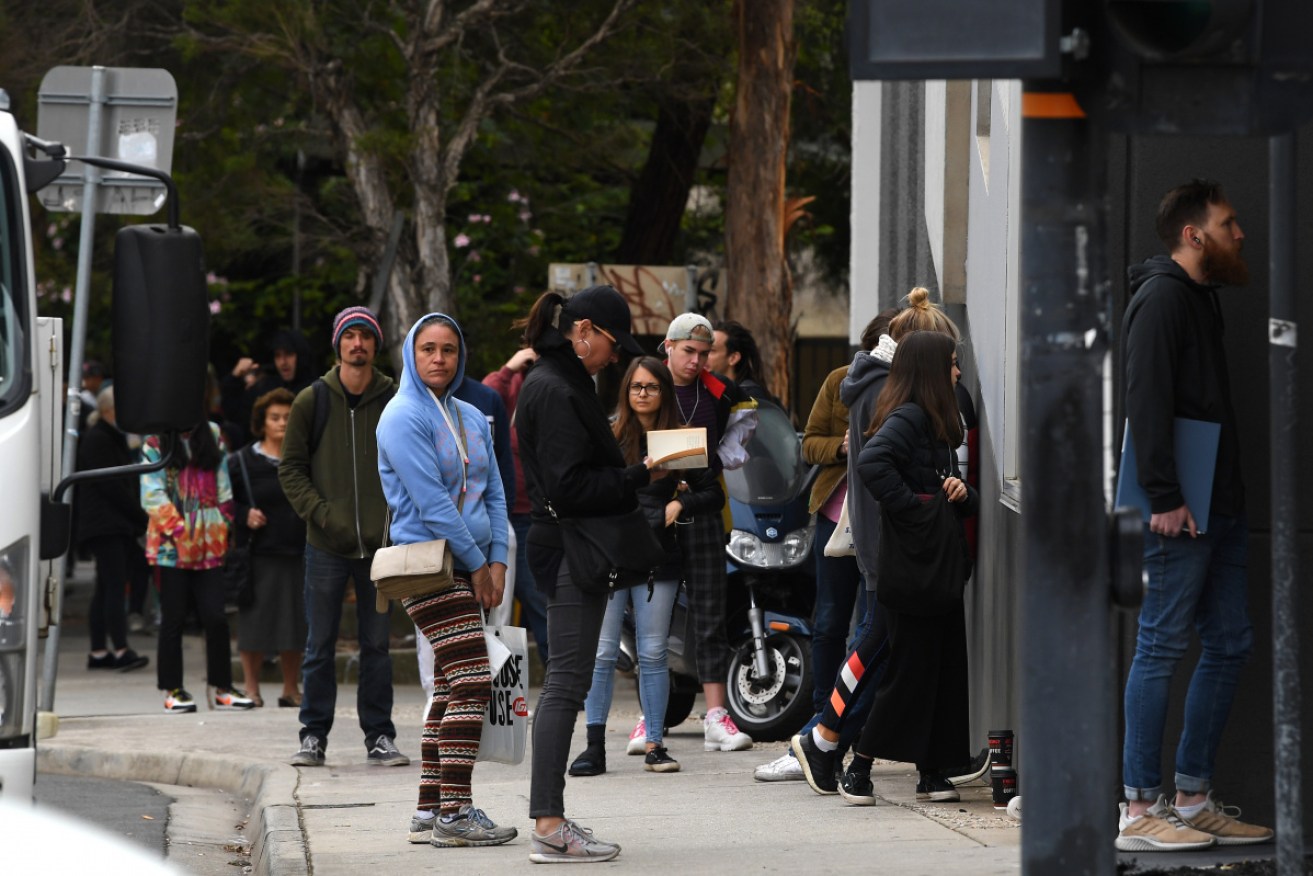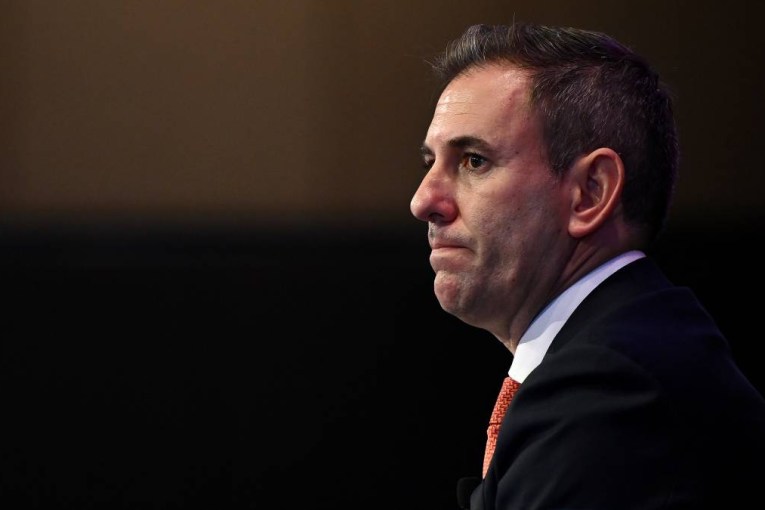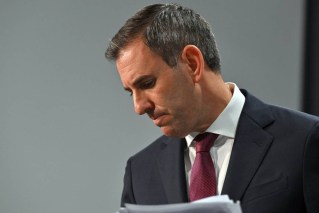Government urged to use ‘overwhelming force’ to prevent a major depression


Scenes such as this outside Centrelink offices were common in late March and early April. Photo: AAP
The federal government must use “overwhelming force” to stop a virus-induced recession from snowballing into a prolonged depression, economists have said.
Amid warnings another 814,000 Australians will lose their jobs by the end of June, prominent economists told The New Daily Australia’s policymakers must do whatever it takes to prop up struggling businesses and prevent a tsunami of job losses.
More cash handouts for households and larger wage subsidies for businesses should be on the table, they said.
And the cash must reach households as quickly as possible to prevent a major economic meltdown.
The combined value of the economic support put forward by the federal government and Reserve Bank so far amounts to $189 billion.
But the lion’s share of that assistance comes in the form of credit rather than cash – and most of the new payments are staggered over months and will not start arriving until the middle of April.
Tweet from @TheKouk
In a sign of the challenging times ahead for Australia, thousands of people queued for hours outside Centrelink offices in Sydney and Melbourne on Monday after the Prime Minister Scott Morrison shut down cafes, bars and restaurants.
Many were told to access the service online before Centrelink’s website crashed due to unprecedented demand – a failure that was repeated on Tuesday after more than 120,000 Australians attempted to log on.
Angela Jackson, an economist with Equity Economics, said the Coalition must urgently invest in the nation’s safety net to help Australians weather the financial storm ahead.
Although the introduction of a fortnightly payment of $550 for laid-off or temporarily stood-down workers was “particularly important”, Ms Jackson told The New Daily the next support package would need to include even more investment in government payments and services.
Failure to invest in education support services, for example, could lead to weaker outcomes such as a rise in illiteracy rates, she said.
“There’s going to be a massive increase in poverty from this. It’s going to impact a generation of children. And we know the evidence around the long-term impact this sort of downturn has on people’s life trajectories,” Ms Jackson said.
“So the time is now to be investing in those social services and supports for our most vulnerable.”
Tweet from @DaveTaylorNews
University of New South Wales economics professor Richard Holden said the economic challenges were serious enough to warrant Rudd-era cash handouts.
On top of this, he told The New Daily that businesses would either need access to more “bridging loans” – if their revenue streams have been temporarily turned off due to falling consumer demand – or direct financial assistance, if their revenue has been irreparably lost.
“Take a coffee shop – people aren’t going to buy three months’ worth of coffee in three months’ time – that business has gone,” Dr Holden said.
“So I think there needs to be a different approach to business lost and business delayed.”
Tweet from @masters_joanne
Dr Holden added that the federal government should consider introducing greater wage subsidies to encourage companies to hold onto workers, similar to those announced in the United Kingdom.
Treasury has so far announced refunds on tax withheld on salaries worth up to $100,000 for small and medium-sized businesses – a measure Westpac estimates is equal to 20 to 30 per cent of labour costs.
The UK’s policy accounts for 80 per cent of wages – up to a value of GBP2500 ($5010) a month per worker.
Dr Holden said the government would probably “have to write big cheques to households as well”.
“Just showing that they are willing to use overwhelming force is really important,” Dr Holden said, adding that speed was of the essence.
“The danger would be doing something that the [financial] markets think is too small.”
The calls for more stimulus come after Westpac economists said unemployment was now on track to increase five percentage points to 11.1 per cent by the end of June – meaning another 814,000 Australians could lose their jobs.
Westpac expects the arts sector to shed 40 per cent of its workforce, the hospitality sector to lose 29 per cent, and construction to lose 8 per cent.
The worrying forecasts coincided with the ANZ-Roy Morgan Australian Consumer Confidence index plunging 17 per cent below its lowest point during the global financial crisis.
Tweet from @ANZ_Research








